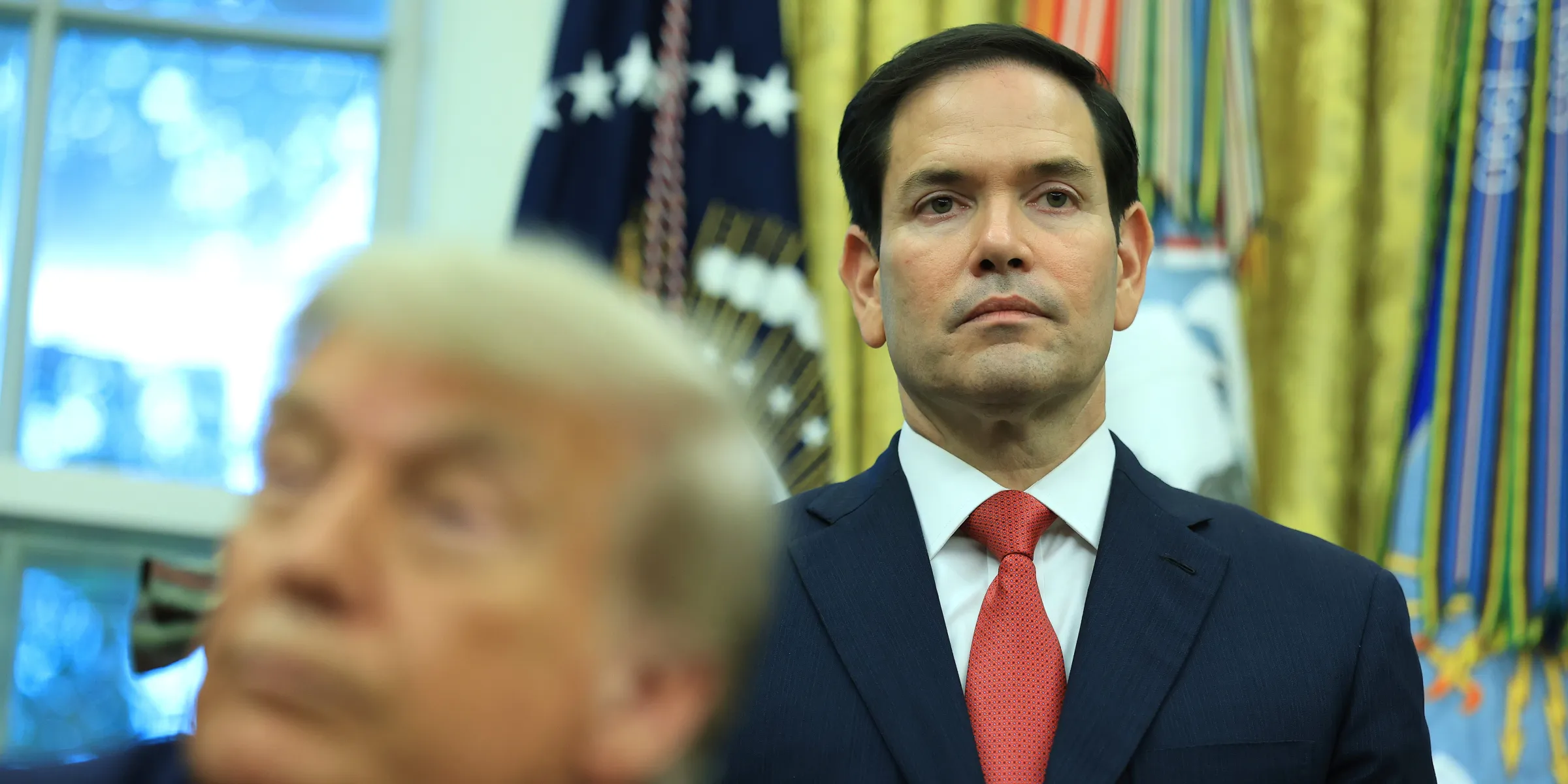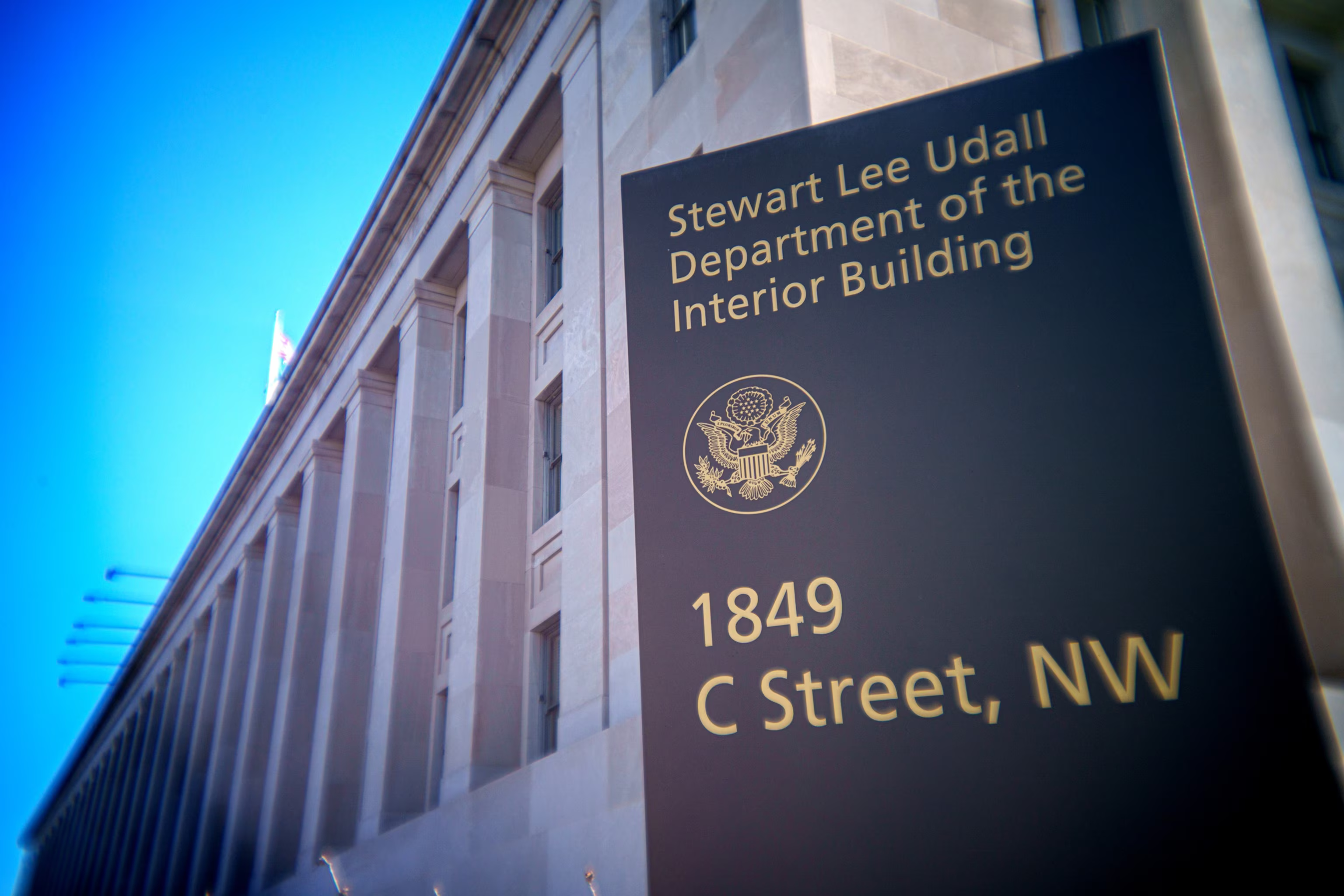In August 2025, the U.S. State Department introduced a new visa policy requiring travelers from countries with high overstay rates to pay a refundable bond of up to $15,000 to obtain temporary visitor visas. While the official list of affected countries has yet to be released, diplomatic sources confirm that Brazil is among those under consideration.
The policy aims to reduce visa overstays,when a tourist remains in the U.S. beyond the authorized stay. Officials state the bond will be refunded once the traveler returns home within the legal timeframe. Still, the move has raised red flags among tourism advocates and legal experts, who argue the rule could create new barriers for middle-class travelers and strain international partnerships.
Cost burden raises accessibility concerns
The financial impact is significant. In addition to standard visa application fees, families may now need to pay tens of thousands of dollars upfront. A family of four, for example, could face more than $20,000 in total fees and bond deposits,posing a challenge for those planning educational exchanges, family visits, or business travel.
Industry groups say this requirement could discourage visitors from middle-income nations and disrupt longstanding cultural, academic, and economic ties. Critics also point to the lack of transparency: the U.S. has not clarified the criteria used to select countries, raising legal questions about compliance with bilateral and international agreements.
Global pushback and tourism risks
The announcement comes amid a broader overhaul of U.S. immigration policy emphasizing personal accountability for foreign visitors. Governments across Latin America, Africa, and Asia have voiced concern, calling the bond a disproportionate hurdle for their citizens.
Meanwhile, the American travel and hospitality sectors brace for potential revenue loss. Analysts warn the new rule may skew the visitor profile toward wealthier individuals, leaving out students, families, and small business travelers who once made up a significant portion of arrivals from emerging economies.
Uncertainty and legal scrutiny
Despite the rollout, many operational details remain unclear. The State Department has not confirmed which countries will be affected or how they were selected. This ambiguity has sparked debate in legal and diplomatic circles and may lead to future litigation or policy revisions.
Travel advisors urge applicants to seek updated information and legal guidance before making plans. While the measure is still in its early stages, it signals a notable tightening of access to the U.S. and a shift in how the country manages its borders,and who gets to cross them.
Contact us today through our WhatsApp to discover how we can help you achieve success in the United States. Together, we can turn dreams into reality.
Information source: bbc.com | telegraph.co.uk | edition.cnn.com | cnbc.com



